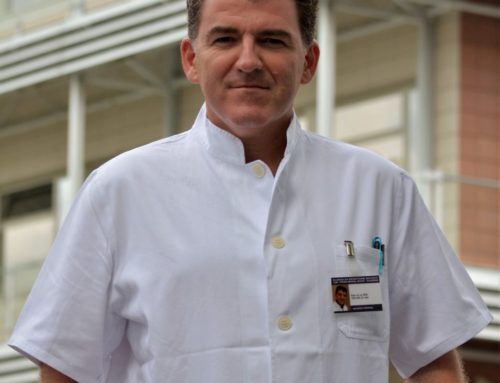
Br. Reginaldo Manzotti – published on 08/23/21
Many of us are struggling with our mental health as the pandemic drags on. Here’s what can help.
In this time of pandemic and instability, sadness and melancholy have taken on devastating proportions in many people’s lives. This has ramifications that go far beyond its immediate impact of dampening our desire to act and to accomplish: It may even take the form of real mental and physical illnesses.
I’m not referring to the kind of occasional sadness that makes us withdraw into ourselves because of things like loss, grief, separation, or betrayal. In these cases, this is a natural sort of mourning that we must accept and process through prayer and patience until the pain is healed. If we don’t do this, our emotions will build up and explode later on.
Sadness during the pandemic
Sadness due to a loss is a healthy process, even though it involves moments of great suffering. But there’s also a harmful kind of sadness, the kind that eats away at our well-being—sometimes in a silent way—until it settles in permanently. It’s directly related to our anxiety about what is to come.
Today we’re fine, but we become obsessed with the future and don’t live in the present. What will tomorrow be like? Better? Worse? All too often, we have a pessimistic view and only think about the negative, especially when we are also thinking constantly about the bad things that have already happened and not about the good.
How can we escape this? First, by seeking treatment for our body and the soul. After all, an unhealed wound becomes infected. If we’re dominated by anxiety, melancholy, and other negative emotions beyond what is healthy and reasonable, it’s a good idea to seek help from a professional therapist.
At the same time, we have to take some spiritual initiative to emerge from our sadness and dive into the source of life — God. We must cling to Him and rise up. Here are some tips:
How to avoid or overcome sadness and anxiety in the pandemic
- Don’t live thinking only about what is to come. Find a reason to live today.
- Establish moments of joy right now. Wake up in the morning with a reason to get out of bed. You can make time to talk, sing, or play games with family or friends, online or in person (depending on health protocols etc.), schedule time for enjoying your hobbies, plan an enjoyable hike outdoors … Whatever brings you joy.
- Even in isolation, if you’re working at home, keep your house in order and dress nicely. It really can affect your mood.
- Take care how you speak. Try not to talk unnecessarily about doom and gloom, rumors, or things that make you angry or sad, for this only reinforces pessimism and negativity. These kinds of conversations can be harmful to ourselves and others.
- Don’t let yourself be carried away by the obligation to meet other people’s expectations. Fulfill your duties towards yourself and others as best you can, but be realistic and compassionate towards yourself. Jesus never worried about doing something just to win the approval of anyone but His heavenly Father. At the same time, this doesn’t mean not caring at all about others. The limit of our freedom is compassion and respect for our neighbors, whom Jesus loved and taught us to love as He loved us, above all except God Himself. Christ did not act to impress others or satisfy his ego. In fact, the more we are held hostage by our ego, the more we seek the approval of others.
- Above all, to overcome sadness, we need the joy of hope. Hope is the great and fundamental virtue for combating sadness and overcoming moments of uncertainty. On one hand, this is a gift we need to ask from God. On the other, we can foster hope in our souls by focusing on the positive things we have experienced or can see in the news, for example. Reading Scripture reminds us of how God has blessed and guided His people throughout salvation history, and how He has promised to continue to do so. Also, practicing gratitude daily helps us open our eyes to the many blessings and acts of goodness that exist in our own lives and in the world as a whole.

Read more:How to stay mentally healthy as the COVID pandemic goes on

Read more:5 Things I’ll be doing differently after the pandemicTags:CORONAVIRUSCOVID-19INFORMATION ABOUT THE VACCINE AGAINST COVID-19










